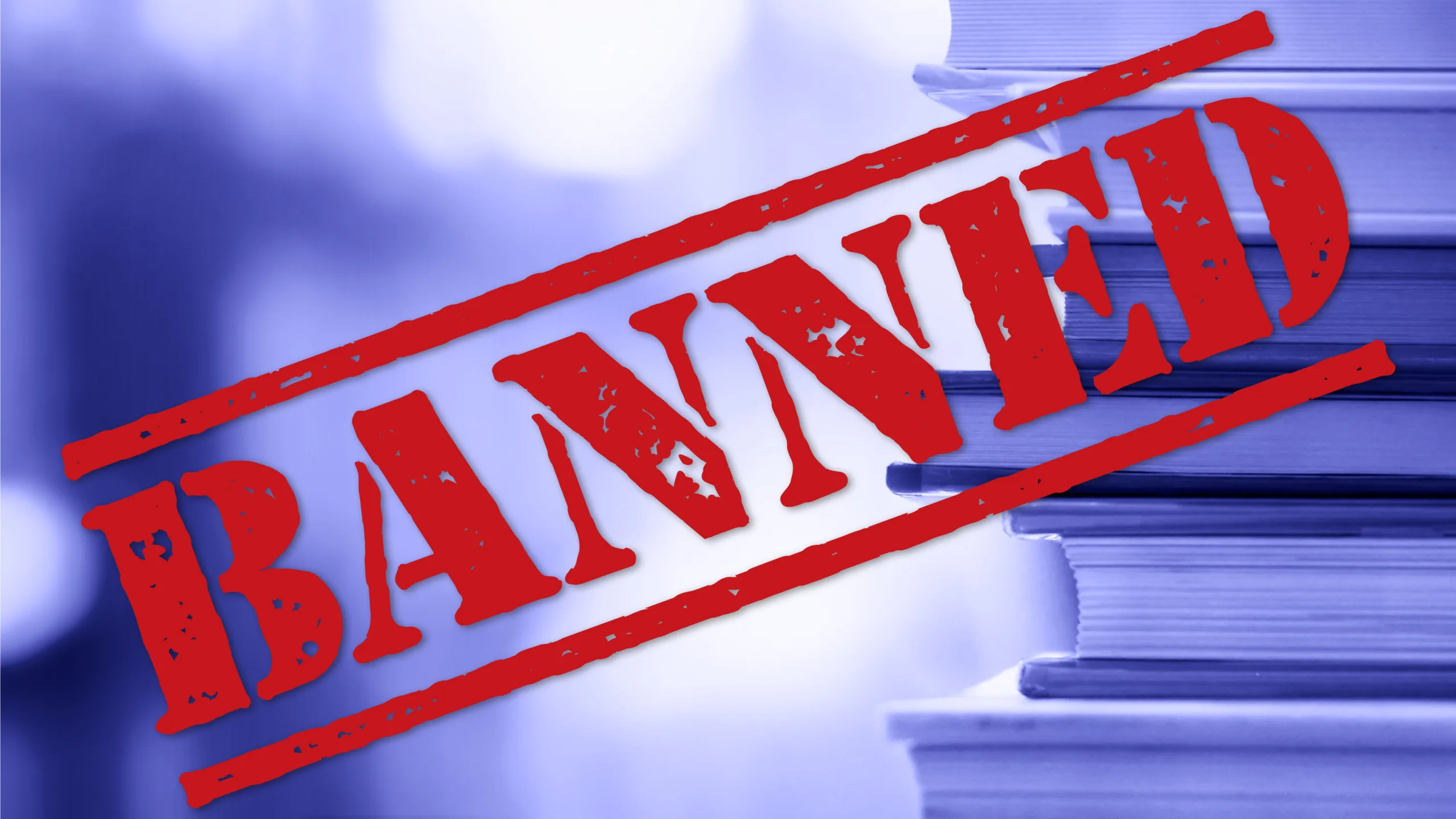Sunshine State Under a Shadow: Book Banning in Florida Casts Long Reach: Florida’s vibrant beaches and theme parks are often eclipsed by a simmering controversy: book banning in its schools. This trend, fueled by conservative lawmakers and parent groups, is raising concerns for free speech and education across the nation.
The battleground lies within school libraries, where books exploring subjects like LGBTQ+ themes, race, and social justice are challenged and removed. Critics denounce these materials as “inappropriate” or “harmful,” promoting ideologies they deem unsuitable for young minds.
Take “Maus,” Art Spiegelman’s Pulitzer Prize-winning graphic novel exploring the Holocaust. Challenged in Brevard County for its depiction of nudity and profanity, despite its powerful historical and educational value. Similarly, Toni Morrison’s “The Bluest Eye,” tackling racism and sexual abuse, was banned in Duval County for “sexually explicit content.”
Affected students express frustration and alienation. “Banning these books sends a message that our experiences don’t matter,” says 16-year-old Liam, whose chosen book about a gay teenager was deemed “inappropriate.”
Librarians like Sarah Jackson fear self-censorship and a chilling effect. “These bans limit our ability to curate diverse, inclusive collections that reflect the world our students live in,” she says.
Legal challenges are underway. A federal lawsuit against Duval County for removing books about race and LGBTQ+ identities was recently allowed to proceed. Advocacy efforts like PEN America’s “Banned & Challenged Books Toolkit” empower librarians and educators to defend students’ access to diverse literature.
Comparisons to similar controversies in Texas and Tennessee highlight a worrying national trend. The consequences are far-reaching: students lose access to crucial information and diverse perspectives, silencing important conversations about critical issues.
The long-term effects could be profound. “Banning books sets a dangerous precedent for censorship,” warns Dr. Emily Jones, professor of education. “It stifles intellectual inquiry and undermines the very foundation of a free and informed society.”
The fight against book banning in Florida is a battle for open discourse, intellectual freedom, and the right to access diverse narratives. Whether sunshine prevails or censorship casts a long shadow remains to be seen, but the outcome will resonate far beyond the Sunshine State.






